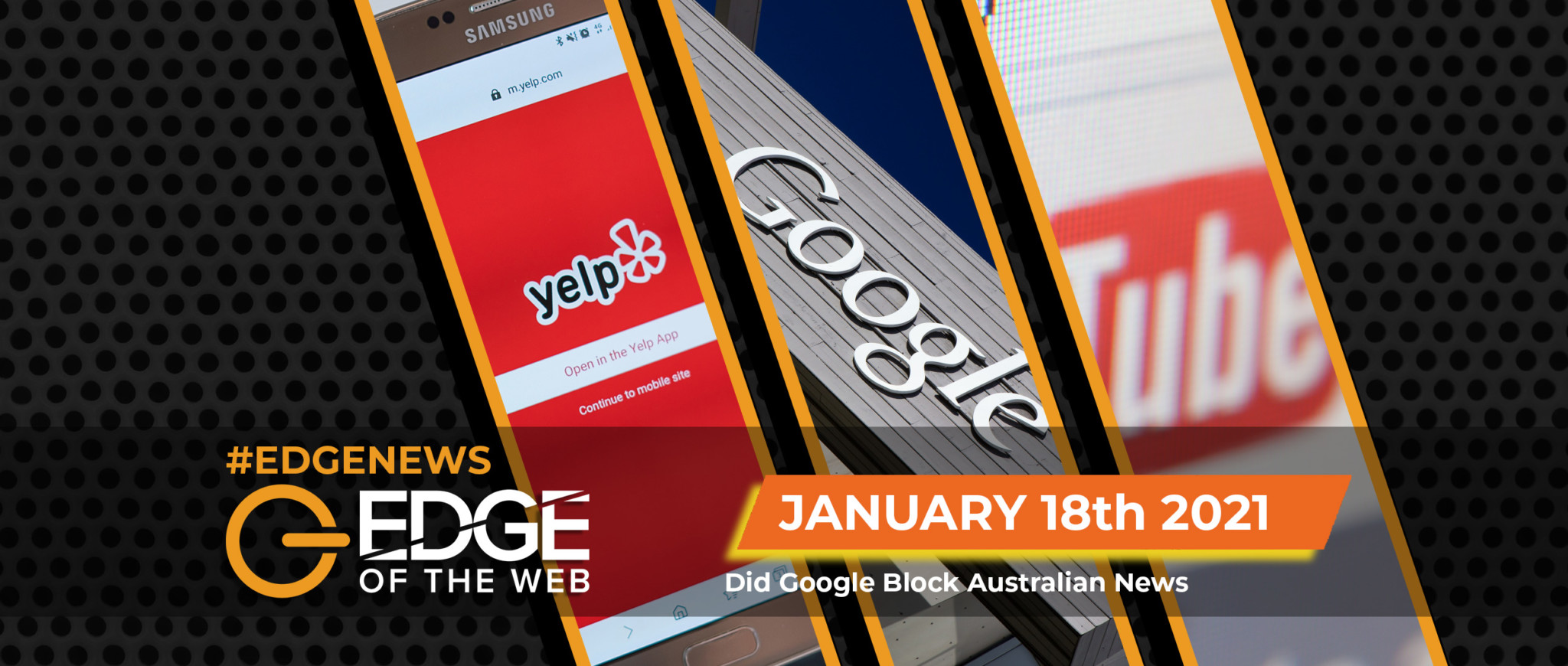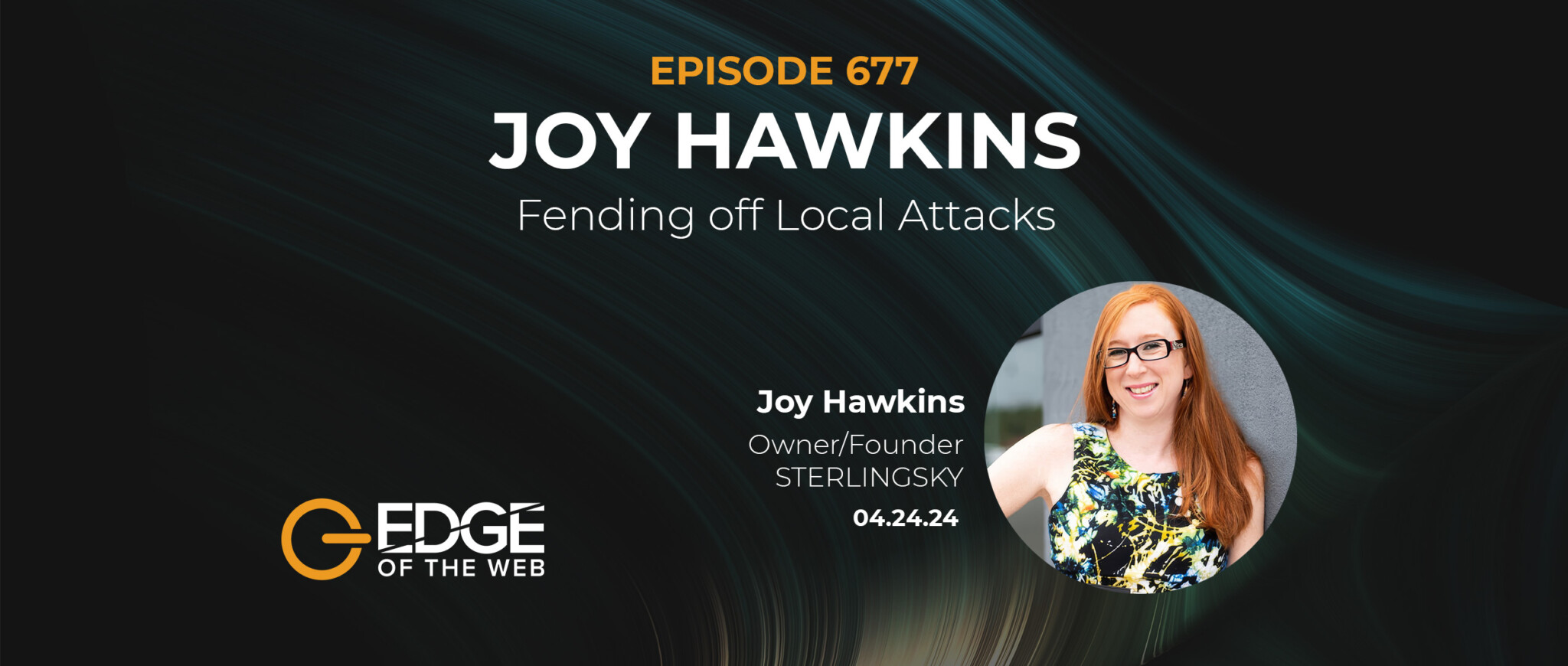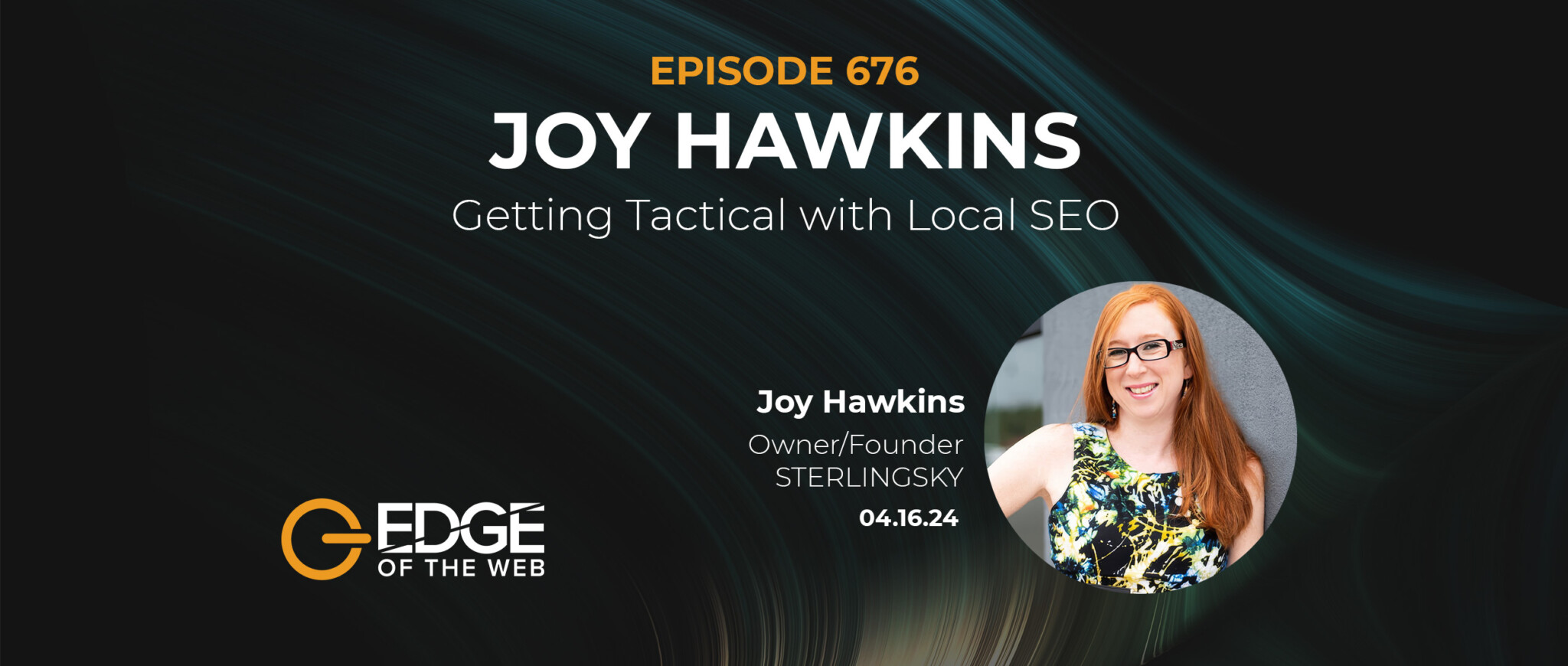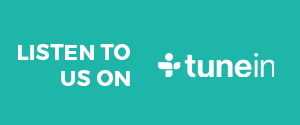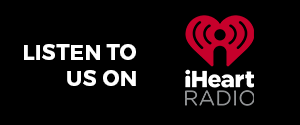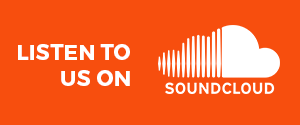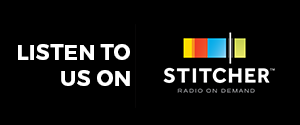January 18, 2021
Yelp, Google, and YouTube all made headlines for this week’s digital marketing news roundup. Host Erin Sparks and Studio Creative Director Jacob Mann along with Mordy Oberstein, Wix’s SEO Liaison, pick apart key stories to keep you up-to-date in this news roundup in episode 386 the award-winning EDGE of the Web podcast:
Yelp Launches “Health and Safety Measures” Community Feedback Feature
From Carolyn Lyden on Search Engine Land: Yelp Launches “Health and Safety Measures” Community Feedback Feature. Yelp launches a new rating feature for the community to leave feedback on local business social distancing and mask compliance.
- Erin Sparks: People want to know what’s going on with COVID and whether or not they’ll feel safe in local businesses, so this is a way people provide some input into how well those businesses and their customers are doing with measure to protect against the spread of the novel coronavirus. It works the same way as when people rate a place for how kid-friendly they are and so on. While this seems like a good idea on the surface, I’m not so sure giving people the opportunity to COVID-shame businesses is really going to be all that helpful. They do offer some quality control on this feedback in that there have to be multiple reviewers mention it or complaining about it for it to really register.
- Mordy Oberstein: Those are some good points. At first, I was thinking why hasn’t Google done this already? When I walk into a business and you can’t even tell there’s a pandemic happening, I know I want to get the heck out of there, and I wish I would have known beforehand that’s what it was going to be like. But obviously, it hinges on the information being accurate, and if it’s not accurate, then that’s on Yelp.
- Erin Sparks: When the pandemic first started hitting hard, Google actually shut down its reviews because there was just too much going on and too many unknowns around what businesses should be doing. But even now, what are the “measures” customers are using to give this feedback? Is it what the businesses themselves are saying they are doing (and businesses can promote what measures they’re taking on Yelp) and holding them accountable to that? Or are they thinking about what they’ve heard businesses “ought” to be done from some other source? What if the business isn’t required to do those? That starts to feel like a slippery slope to me.
- Mordy Oberstein: It’s too bad because if it were good information it would be really useful information for people to know. And of course, people can still mention it in the text of their review as well, and getting bad reviews is always a thing of concern for businesses. You have to reply to them in some way without taking it personally, which always ends badly. And it’s okay to voice a differing opinion from the reviewer if you do it respectfully. This was a thread recently on the Thursday #SEOchat on Twitter.
Google Reportedly Blocking Australian News from Search
Over on Search Engine Roundtable is a story by Matt Southern about Google Reportedly Blocking Australian News from Search. Google is reportedly admitting to blocking Australian news sites from search results following a government order to pay news publishers.
- Erin Sparks: Google is calling it an “experiment” to show the news companies that they’re getting value from Google in the form of traffic and visibility. This was Google’s response to the fact that Australia is trying to pass an industry code requiring tech giants like Google to pay news publishers for using their news. Those news companies work hard to produce their content, and Google is using/repurposing it, and Australia’s trying to advocate for their news companies being compensated for their work. The “experiment” feels more like Google bullying Australia! Then again, Google doesn’t pay any content publisher for including their content in search.
- Mordy Oberstein: It’s definitely Google taking out the brass knuckles, so to speak. But putting it frankly, if you don’t want Google scraping your site, then “no index” your site, right? But no site is going to that are they? And they could have a paywall, too, right? Google sends traffic to the news site, but the user has to pay to get the news. In the end, my response to this story is this: What’s the problem? It’s all working exactly the way it’s supposed to. It’s not like the way featured snippets and so forth offer direct answers. The SERP is still going to point users to the news website.
- Erin Sparks: But all people are seeing is Google blocking Australia news from 1% of search users and are calling it blackmail, which is this whole hyper-reactiveness happening all the time. You may think you’re going to force Google to pay for something, but Google can then just flip the switch.
- Mordy Oberstein: And Google has the right to do that if they want because it’s their platform! Don’t like it? De-index your site with Google and try getting all your traffic from Bing. See how that goes. I actually like Bing for some things, by the way. And it’s ironic how it’s big publishers complaining about this when it’s the little publishers getting killed because they don’t even show up on the SERP! There’s a big lack of diversity in news SERPS that skews heavily to the big outlets.
- Erin Sparks: We’re in such a precedent-setting time relative to big-tech companies right now. If Australia succeeds in what it’s trying to do, other places will try it as well.
YouTube Launches New Hashtag Search Results Pages
Also from Matt Southern on Search Engine Journal we see YouTube Launches New Hashtag Search Results Pages. YouTube is improving on its ability to search by hashtags with the launch of dedicated results pages.
- Erin Sparks: You’ve been able to search by hashtag on YouTube since 2018, but you’d get a lot of results that didn’t carry the hashtag at all. The example they gave was a results page for #SEO, and of course the number-one result is something by Neil Patel because he seems to rank for everything everywhere. Hashtags have become increasingly popular online, and of course we want to make sure people aren’t abusing them.
- Mordy Oberstein: But you know that’s exactly what’s going to happen, right? #SEO #SEO #SEO #SEO #SEO.
- Erin Sparks: So hashtag density is going to be the new way to optimize your YouTube videos. But do these hashtags really have any actual digital marketing traction or value?
- Mordy Oberstein: So first of all it’s not everywhere because I’m in Israel and I can’t search YouTube by hashtag. If you search in YouTube for SEO you’ll get results, so why search on #SEO? Also, I’m on Twitter all the time and I use a ton of hashtags and I don’t see that it gets me much of anything.
Remember to visit Twitter on Thursday at 1 pm eastern time if you want to participate in the weekly #SEOchat discussion. Last week’s topic was all about local reviews. Usually, they just do one topic per week, but this week they’re doing a smorgasbord of topics with David Iwanow, including agency nightmares, SEO spam stories, and who knows what else.
Connect with Mordy Oberstein, Wix’s SEO Liaison
Twitter: @MordyOberstein (https://twitter.com/MordyOberstein)
LinkedIn: https://www.linkedin.com/in/mordy-oberstein-12551715/
Connect with Erin Sparks, Host of EDGE of the Web and CEO of Site Strategics
Twitter: @ErinSparks (https://twitter.com/erinsparks)
LinkedIn: https://www.linkedin.com/in/erinsparks/







